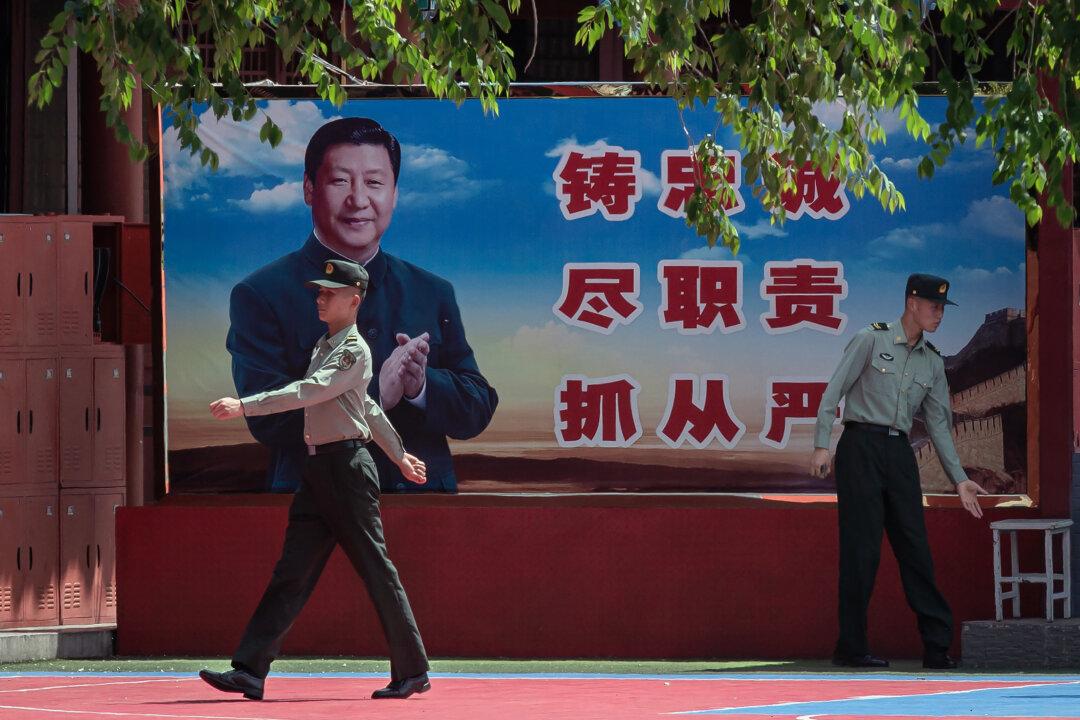News Analysis
From the World Health Organization’s early China-friendly messaging on the virus outbreak to influential papers dismissing the theory that the virus originated in a laboratory, Beijing’s sway over scientific discussions has come under increasing scrutiny during the pandemic. Some observers are also pointing out the communist regime’s footprint in the push for one side of the debate on the science and policy of lockdowns, which have had significant economic ramifications in the West.





